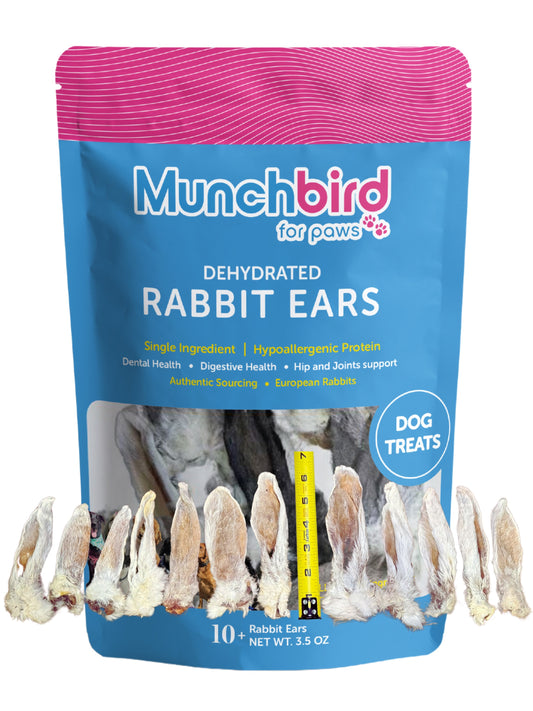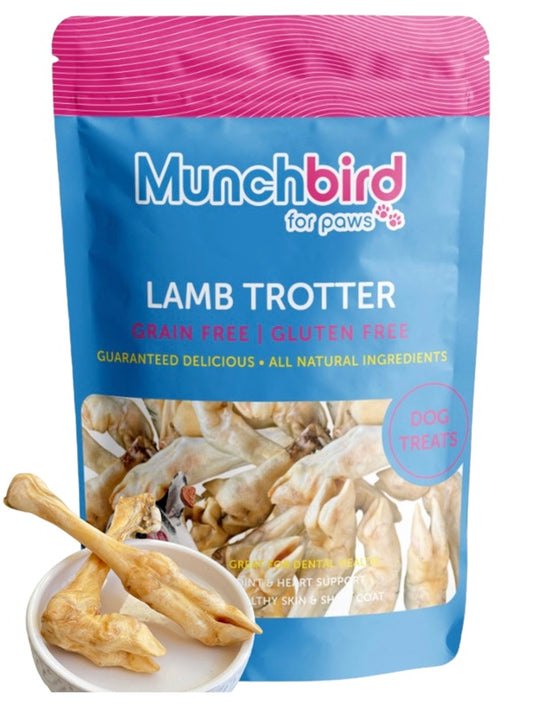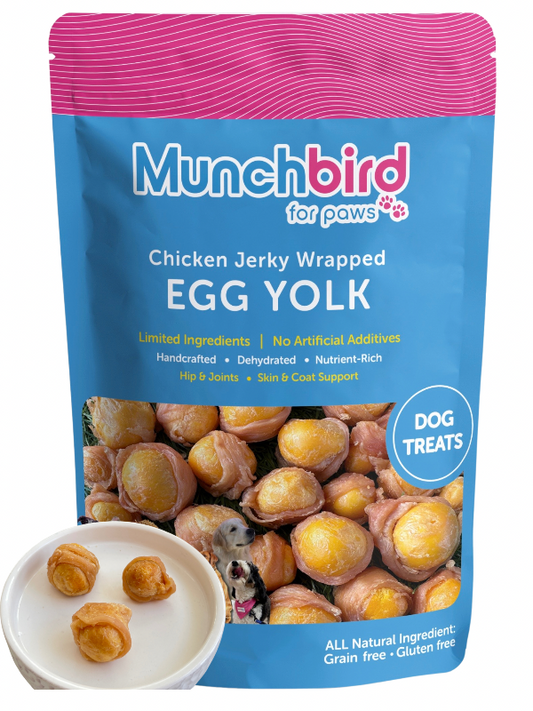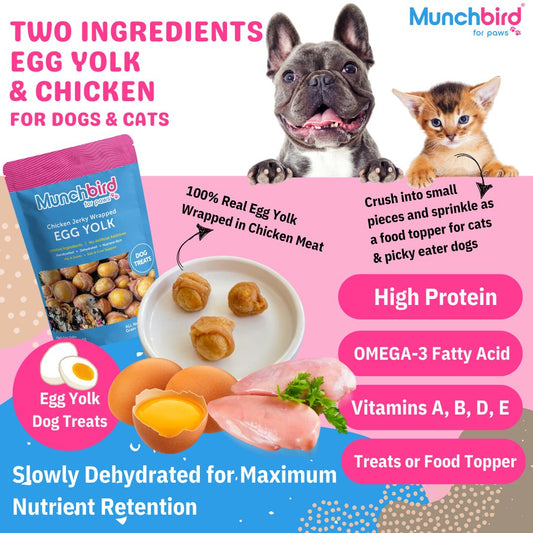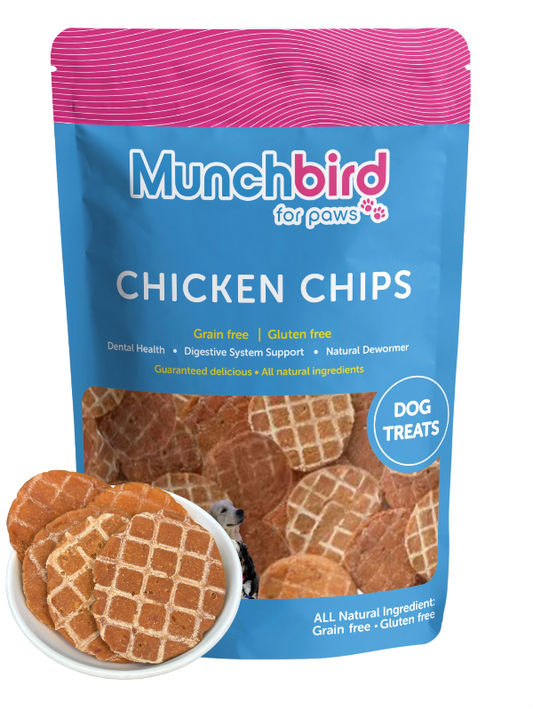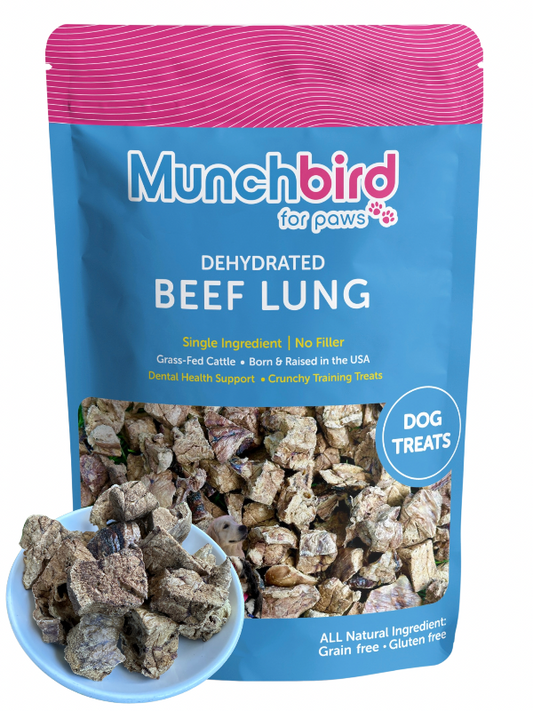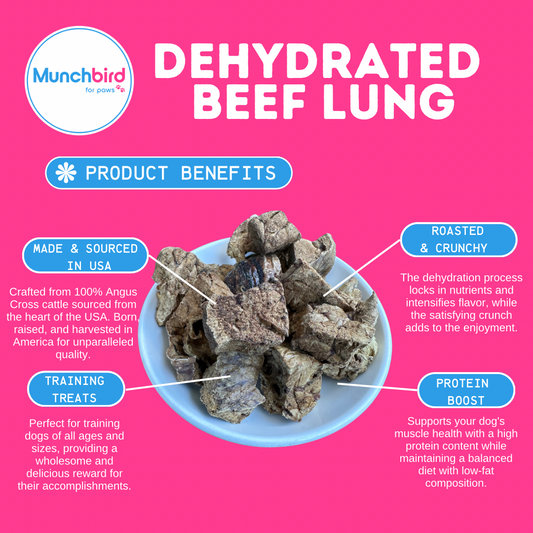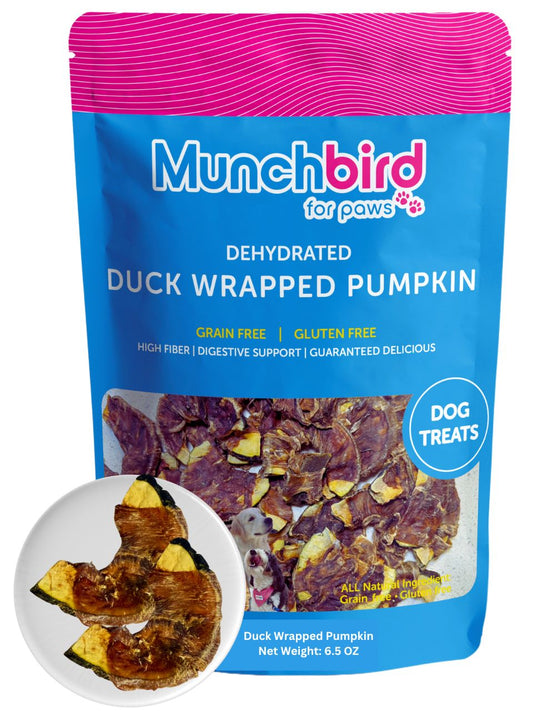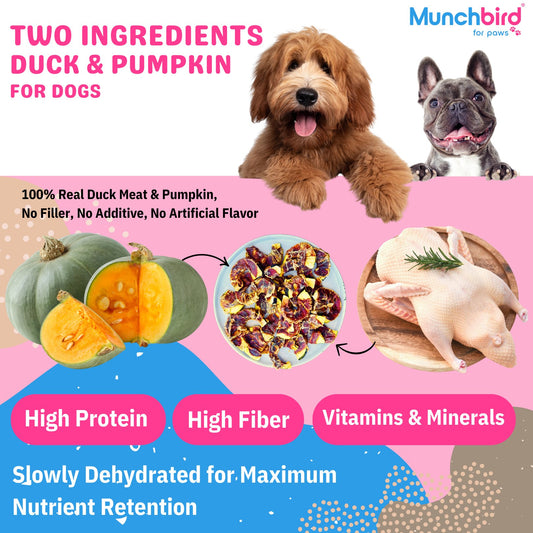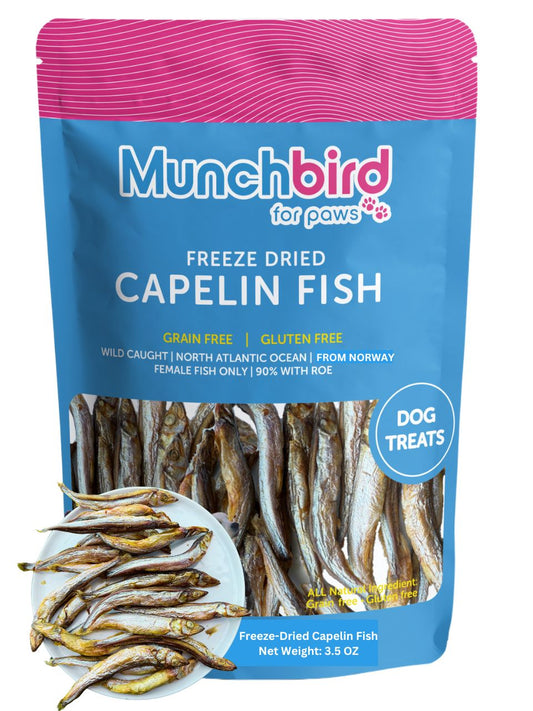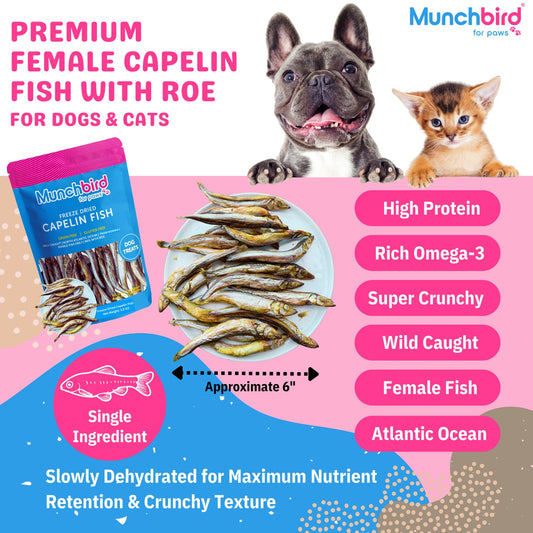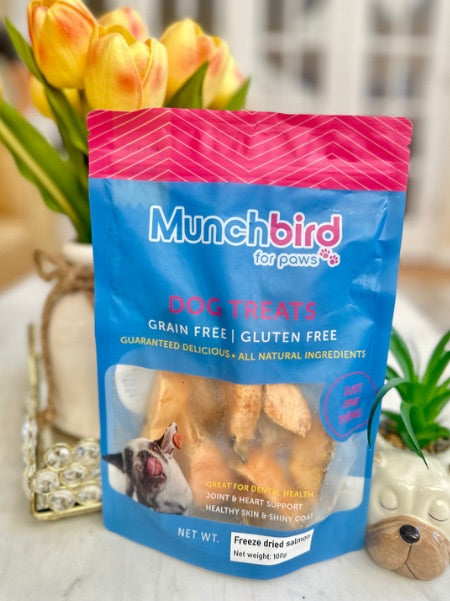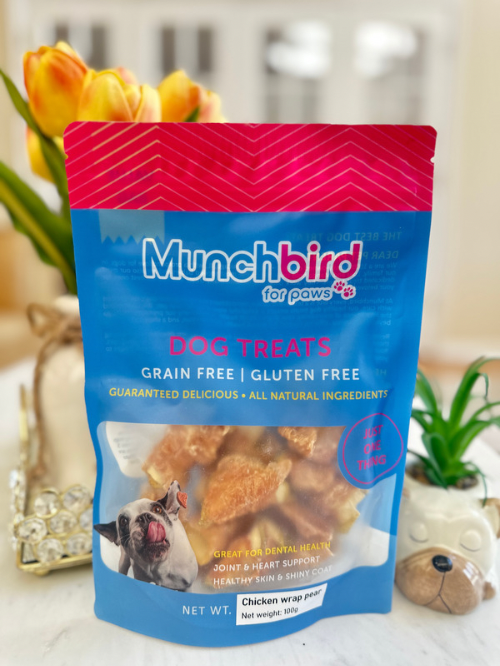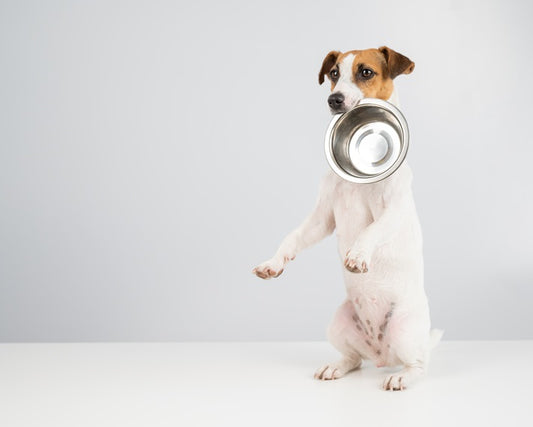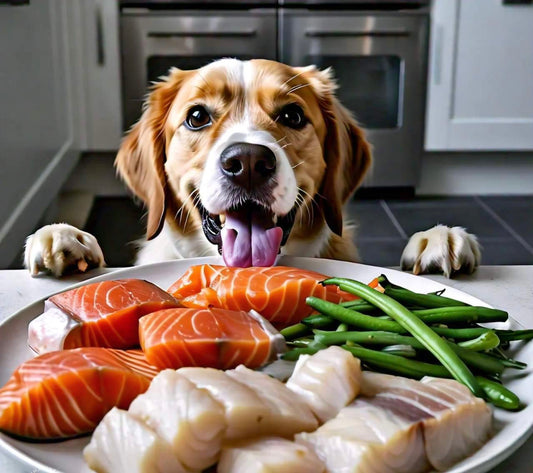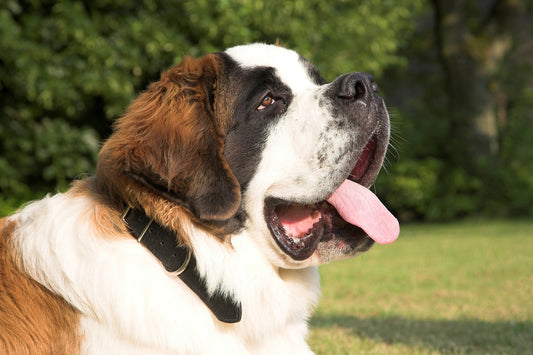 🎉 Limited time offer alert for 2024! Treat your furry friend to our premium Chicken Chips with our Buy 50, Get 1 Free deal. Hurry, this offer won't last long! Upgrade your pet's snacking experience today!🐾
🎉 Limited time offer alert for 2024! Treat your furry friend to our premium Chicken Chips with our Buy 50, Get 1 Free deal. Hurry, this offer won't last long! Upgrade your pet's snacking experience today!🐾
Limited-time Offer: Buy 50, Get 1 Pack Free of Chicken Chips
Use Code: B50G1FREECC
The Egg Dilemma: Can Dogs Safely Enjoy This Nutrient-Packed Treat?
The debate over what's safe for our canine companions to consume is ever-present, and one question that often arises is, "Can dogs eat eggs?" In this comprehensive guide, we'll explore the nutritional benefits, potential risks, and expert opinions surrounding the inclusion of eggs in your dog's diet.
Can Dogs Eat Raw Eggs?
Raw eggs are a topic of debate among pet owners and veterinarians. While some believe that raw eggs can provide nutritional benefits to dogs, others caution against potential risks.
Benefits of Raw Eggs for Dogs
Nutrient-Rich: Raw eggs are packed with essential nutrients, including protein, vitamins, and minerals, which can support your dog's overall health.
Healthy Fats: The yolks of raw eggs contain healthy fats, such as omega-3 fatty acids, which are beneficial for your dog's skin, coat, and immune system.
Risks of Raw Eggs for Dogs
Salmonella Contamination: Raw eggs may carry harmful bacteria like Salmonella, which can cause food poisoning in dogs and humans.
Biotin Deficiency: Raw egg whites contain avidin, a protein that binds to biotin (a B vitamin), potentially leading to biotin deficiency in dogs if consumed in large quantities.
FAQ: Raw Eggs for Dogs
Q: Can dogs eat raw eggs safely? A: While some dogs can tolerate raw eggs without issues, there is a risk of Salmonella contamination. It's best to consult with your veterinarian before feeding raw eggs to your dog.
Q: Are raw eggs good for dogs' coats? A: The healthy fats found in raw egg yolks can contribute to a shiny coat and healthy skin in dogs. However, there are other safer sources of essential fatty acids available.
Q: How should raw eggs be prepared for dogs? A: If you choose to feed raw eggs to your dog, it's essential to use fresh, high-quality eggs and ensure that they are free of cracks or contamination. Some owners prefer to lightly cook the eggs to reduce the risk of bacterial contamination.
Q: Can puppies eat raw eggs? A: Puppies' immune systems are more vulnerable to bacterial infections, so it's generally not recommended to feed them raw eggs. It's best to consult with your veterinarian for specific dietary recommendations for puppies.
Always exercise caution when feeding raw eggs to your dog and consider the potential risks and benefits before incorporating them into their diet. Consulting with your veterinarian can help you make an informed decision based on your dog's individual needs and health status.
Can Dogs Eat Egg Shells?
Eggshells can be a beneficial addition to your dog's diet when prepared properly.
Benefits of Egg Shells for Dogs
Calcium Source: Eggshells are rich in calcium, which is essential for maintaining strong bones and teeth in dogs.
Nutritional Boost: Adding crushed eggshells to your dog's diet can provide them with an extra dose of calcium and other essential minerals.
Are Egg Shells Good for Dogs?
When properly prepared and introduced into your dog's diet, eggshells can be beneficial for dogs.
Tips for Feeding Egg Shells to Dogs
Clean and Dry: Ensure that the eggshells are clean, dry, and free of any residue before feeding them to your dog.
Finely Ground: Grind the eggshells into a fine powder to make them easier for your dog to digest.
Gradual Introduction: Introduce eggshells gradually into your dog's diet to prevent any digestive upset.
FAQ: Egg Shells for Dogs
Q: How should I prepare eggshells for my dog? A: Wash the eggshells thoroughly to remove any residue, then bake them in the oven to dry completely. Once dried, grind them into a fine powder using a blender or food processor.
Q: How much eggshell powder should I give my dog? A: The recommended dosage of eggshell powder for dogs varies based on their size and individual needs. Consult with your veterinarian to determine the appropriate amount for your dog.
Q: Are there any risks associated with feeding eggshells to dogs? A: While eggshells can be a nutritious addition to your dog's diet, feeding them in excess or without proper preparation can lead to digestive issues. Always introduce new foods gradually and monitor your dog for any adverse reactions.
Can Dogs Have Egg Yolk?
Egg yolks are a nutritious part of the egg that can provide several health benefits for dogs when consumed in moderation.
Benefits of Egg Yolks for Dogs
Nutrient-Rich: Egg yolks are rich in essential nutrients, including protein, vitamins (such as A, D, and B12), and minerals (such as iron and selenium), which can support your dog's overall health.Healthy Fats: Egg yolks contain healthy fats, such as omega-3 fatty acids, which are beneficial for your dog's skin, coat, and immune system.
Risks of Egg Yolks for Dogs
Cholesterol Content: Egg yolks are high in cholesterol, so feeding them in excess may not be suitable for dogs with certain health conditions, such as obesity or heart disease.Allergies: Some dogs may be allergic to eggs or egg yolks, leading to digestive upset or other allergic reactions.
Q: Can dogs eat egg yolks raw? A: While some dogs can safely consume raw egg yolks, there is a risk of Salmonella contamination. It's best to consult with your veterinarian before feeding raw egg yolks to your dog.
Q: Are cooked egg yolks better for dogs? A: Cooking egg yolks can help reduce the risk of bacterial contamination, making them safer for dogs to consume. However, it's essential to avoid adding any seasoning or additional ingredients that may be harmful to dogs.
Q: How often can dogs eat egg yolks? A: Egg yolks can be given to dogs as an occasional treat or added to their regular diet in moderation. Consult with your veterinarian to determine the appropriate amount based on your dog's size, age, and overall health.
Q: Are egg yolks good for puppies? A: Egg yolks can be beneficial for puppies as they provide essential nutrients for growth and development. However, it's essential to feed them in moderation and consult with your veterinarian for specific dietary recommendations for puppies.
Incorporating egg yolks into your dog's diet can be a healthy addition, but it's essential to do so in moderation and consider your dog's individual dietary needs and health status. Consulting with your veterinarian can help you make informed decisions about your dog's diet.

The Nutritional Powerhouse
Eggs are a nutritional powerhouse, boasting a rich blend of protein, vitamins, and minerals. According to the American Kennel Club (AKC), eggs are an excellent source of easily digestible protein, making them a valuable addition to your dog's diet.
The Protein Punch
Protein is a fundamental building block for dogs, supporting muscle development, immune function, and overall vitality. The protein content in eggs aids in maintaining your dog's energy levels and promotes a healthy coat, as highlighted by the American Society for the Prevention of Cruelty to Animals (ASPCA).

Essential Vitamins and Minerals
Eggs are packed with essential vitamins such as B12, riboflavin, and folate, along with minerals like iron and selenium. These nutrients play a crucial role in supporting various bodily functions, from blood health to cell repair.
Yes, Dogs Can Eat Egg Shells!
Yes, dogs can eat eggshells in moderation. Eggshells are a good source of calcium, which is beneficial for a dog's bone health. To prepare eggshells for your dog, make sure to thoroughly clean and crush them into a fine powder to avoid any sharp edges. You can sprinkle a small amount of the crushed eggshells onto your dog's food as a supplement.
It's important to introduce new foods gradually and monitor your dog for any adverse reactions. If you have concerns about your dog's diet or specific health conditions, it's always advisable to consult with your veterinarian before making any significant changes.
Yes, Dogs Can Eat Egg Yolk!
Yes, dogs can eat egg yolks as they are a good source of various nutrients, including protein, vitamins, and minerals. The yolk contains essential fatty acids and fat-soluble vitamins like A, D, and E, which can contribute to a dog's overall health.
However, it's crucial to feed eggs to dogs in moderation. While egg yolks are generally safe, feeding them excessively may lead to an imbalance in the dog's diet, particularly if they have specific dietary restrictions or health conditions.
Always introduce new foods gradually and monitor your dog for any signs of allergies or digestive issues. If you have concerns about your dog's diet or health, it's advisable to consult with your veterinarian for personalized guidance based on your dog's specific needs.
Addressing Concerns: Potential Risks of Feeding Eggs to Dogs
Salmonella Scare
One concern often raised is the potential risk of Salmonella contamination in raw or undercooked eggs. The U.S. Food and Drug Administration (FDA) advises against feeding dogs raw eggs due to this risk. However, cooking eggs thoroughly eliminates this concern.
Allergic Reactions
While rare, some dogs may be allergic to eggs. The Merck Veterinary Manual notes that egg allergies can manifest as digestive issues, skin problems, or even respiratory symptoms. If you suspect an allergy, consult your veterinarian for guidance.
Fat and Cholesterol Content
Eggs do contain fats, and it's important to monitor your dog's overall fat intake. Excessive fat consumption can lead to obesity and related health issues. However, eggs can be part of a balanced diet when fed in moderation, as recommended by the World Small Animal Veterinary Association (WSAVA).
Expert Opinions and Guidelines for Feeding Eggs to Dogs
Veterinarian Insights
Many veterinarians agree that eggs can be a nutritious addition to a dog's diet when prepared appropriately. Cooking eggs thoroughly eliminates the risk of Salmonella, and the protein and nutrient benefits are undeniable.
Moderation is Key
Experts emphasize the importance of moderation. While eggs offer numerous health benefits, they should be part of a balanced diet. The American Veterinary Medical Association (AVMA) suggests incorporating eggs as an occasional treat rather than a daily staple.
Cooking Methods Matter
When sharing eggs with your dog, it's crucial to consider the cooking method. Scrambled or boiled eggs are preferred over raw or fried preparations. Cooking ensures that the eggs are easily digestible and eliminates the risk of harmful bacteria.
Conclusion: Crack or No Crack - The Final Verdict on Eggs for Dogs
In conclusion, the answer to "Can dogs eat eggs?" is a resounding yes, with some important caveats. Eggs are a nutritional powerhouse, offering a plethora of benefits for your canine companion. However, it's crucial to address potential risks such as Salmonella contamination and allergies.
Cooking eggs thoroughly and incorporating them into your dog's diet in moderation can provide a tasty and nutritious treat. As with any dietary considerations, consulting with your veterinarian is essential to tailor your dog's diet to their specific needs. With the right approach, eggs can be a safe and delicious addition to your dog's culinary repertoire, contributing to their overall health and well-being.


